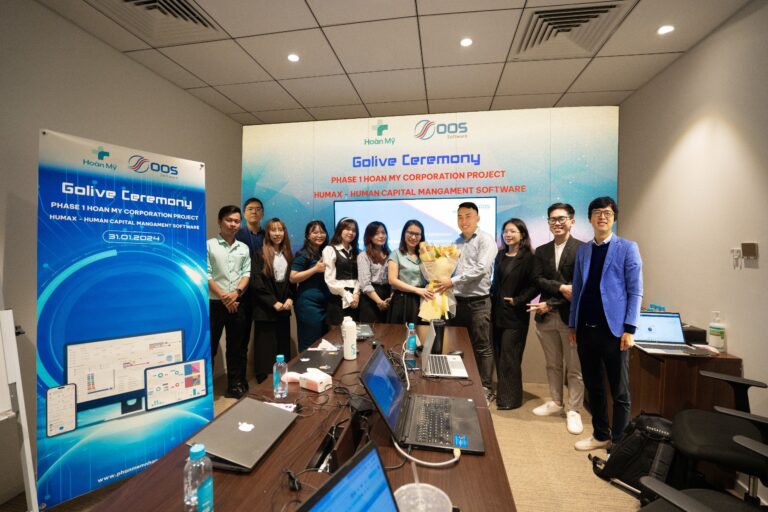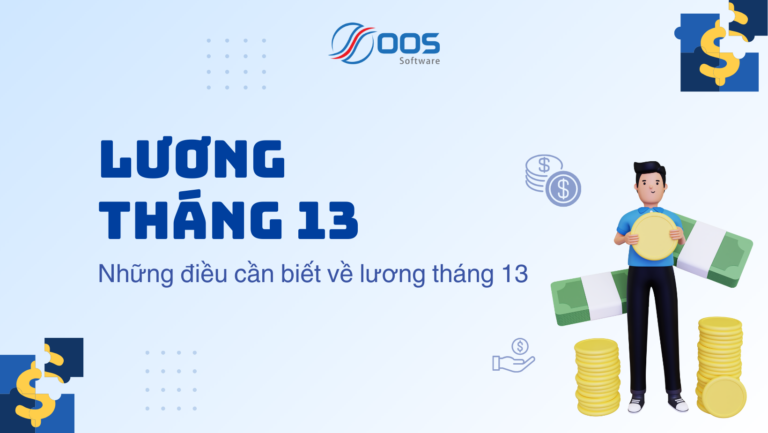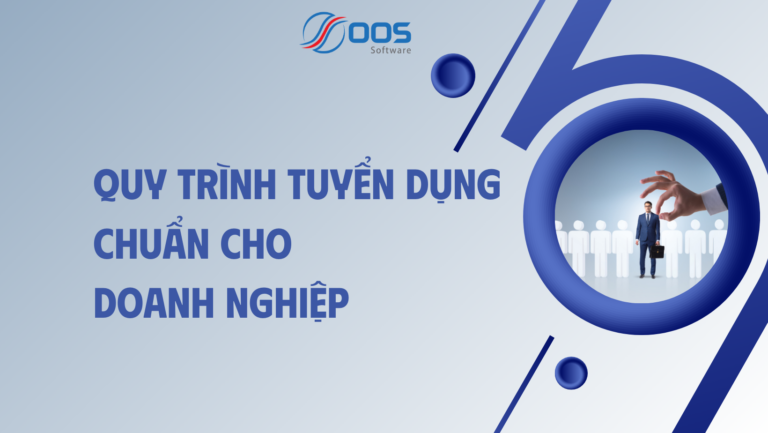The law stipulates that if an employee discloses a business secret, voluntarily quits work for 5 cumulative days in a month... their boss has the right to fire him. How is the process of dismissing an employee according to the law?
1. Violations that cause employees to be fired
Pursuant to the 2012 Labor Code, Article 125 stipulates the forms of labor discipline, there are 3 forms of reprimand; extending the time limit for salary increase to no more than 06 months, dismissing from office; dismissal.
From January 1, 2018, the revised Penal Code 2015 will officially take effect. One of the notable points in the new law is the regulation on handling "Criminals of forcing civil servants to quit or illegally fire employees". Under this provision, business owners who illegally fire employees for self-interest and put them in a difficult situation can be sentenced to up to three years in prison.
Regarding the application of the dismissal discipline, according to Article 126, the dismissal discipline shall be applied by the employer in the following cases:
"1. Employees commit acts of theft, embezzlement, gambling, intentionally causing injury, using drugs within the workplace, disclosing business secrets, technology secrets, infringing on property rights intellectual property of the employer, committing acts of causing serious damage or threatening to cause particularly serious damage to the property and interests of the employer;
2. The employee who has been disciplined for prolonging the salary increase period but re-commits the offense while the discipline has not been removed or has been disciplined for dismissal but repeats the offense.
Recidivism is the case where the employee repeats the violation that has been disciplined but has not yet been disciplined as prescribed in Article 127 of this Code;
3. The employee voluntarily quits work for 05 cumulative days in 01 month or 20 cumulative days in 01 year without a valid reason.
Cases considered to have legitimate reasons include: natural disaster, fire, self, sick relatives certified by competent medical examination and treatment establishments and other cases specified in this Law. labor regulations.”
"Employers can only apply the dismissal discipline if their employees commit violations in the cases specified in article 126, Labor Code 2012".
2. Disciplinary handling principles for dismissal
To ensure the interests of employees and employers, Labor Code 2012 and Article 30, Decree 05/2015 (Detailing and guiding the implementation of a number of contents of the Labor Code) The Government has clearly defined the principles and order of handling labor discipline.
Pursuant to Article 123, the discipline of dismissal must comply with the following principles and order:
a) The employer must prove the fault of the employee;
b) There must be participation of the representative organization of the labor collective at the grassroots level;
c) Employees must be present and have the right to defend themselves, ask a lawyer or other people to defend; in the case of a person under 18 years of age, the participation of his/her father, mother or legal representative is required;
d) The handling of labor discipline must be recorded in writing.
Thus, when the company handles labor discipline, in addition to proving the fault, it also needs to involve the employees. Employees must be present and have the right to defend themselves, ask a lawyer or other person to defend; in the case of a person under 18 years of age, the participation of his/her father, mother or legal representative is required; The handling of labor discipline must be recorded in writing.
In addition, the employer is not allowed to take disciplinary action against the employee who is on sick or convalescent leave; pregnant female employees, on maternity leave; employees raising children under 12 months old or being held in custody or temporary detention…”.
3. When the employer illegally dismisses the employee
Accordingly, Article 42 Obligations of the employer when unilaterally terminating the labor contract illegally
1. Must accept employees back to work under signed labor contracts and must pay wages, social insurance and health insurance for the days the employee is not allowed to work plus at least 02 months salary according to the labor contract.
2. In case the employee does not want to continue working, in addition to the compensation specified in Clause 1 of this Article, the employer must pay the severance allowance as prescribed in Article 48 of this Code.
3. In case the employer does not want to take back the employee and the employee agrees, in addition to the compensation specified in Clause 1 of this Article and the severance allowance specified in Article 48 of the Code In this case, the two parties agree on an additional amount of compensation that must be at least equal to 2 months' salary according to the labor contract to terminate the labor contract.
4. In case the employee no longer has the position or job specified in the labor contract, but the employee still wants to work, in addition to the compensation amount specified in Clause 1 of this Article, the two parties shall negotiate to amend and supplement additional labor contract.
5. In case of violation of the regulations on the notice period, the employee must compensate the employee an amount corresponding to the employee's salary in the days without prior notice.

























